|
Summer 2019 was a busy one for both in lab and field research! The first half of the summer was spent collaborating with fellow Bolnick lab and JMSF postdoc, Amanda Hund, on a new experiment aimed at improving understanding of host response to G. aculateaus. This involved the development of some new methods for testing host-parasite interactions in this system that we're really excited about!
In the later half of the summer I ventured to Alaska to help out with data collection for the World's Greatest Eco-Evo project (as some of the PIs like to call it). In June a large team of researchers surveyed populations of G. aculeatus from the Mat-Su and Kenai peninsula valleys of Alaska. They then collected fish from these lakes and transplanted them to new lakes which had recently been treated for removal of pike. This is an exciting long term project, and while fires prevented following up sampling at donor lake, we still accomplished some exciting data collection. Stay tuned for more news about the results of our collections as I think they'll be pretty darn exciting!
0 Comments
I'm super excited to announce that two awesome new publications that I was a co-author on during my time in the Mydlarz lab are now out! The first is a proteomic analysis of my previous work investigating Eunicea Black Disease. It's a great paper in Integrative and Comparative Biology, led by senior Mydlarz lab PhD candidate, Contessa Ricci. Read it here.
The second publication is a wonderful study investigating mitochondrial stress response pathways in Orbicella faveolata, led by 2nd year Mydlarz lab PhD candidate, Bradford Dimos. A lot of hard work went into this collaboration with other labs in the UTA biology department. You can find in Proceedings of the Royal Society B, here. A huge congrats to Brad and Contessa on their first, first author research papers! I attended my first Evolution conference and gave a talk about my new work investigating genetic variation and cellular mechanisms of host-parasite dynamics in the stickleback-cestode system. Video of the presentation is publicly available via the Evolution website.
Things have been busy here in the Bolnick lab! Fellow postdoc Amanda Hund was kind enough to include me in some massive experiments aimed at investigating immunology and dynamics of stickleback-cestode host-parasite interactions. More to come as we process data, but enjoy some pictures from this ongoing experiment.
I recently had the chance to attend my 6th SICB conference, hosted this year in sunny Tampa Florida. There, I presented work from the final chapter of my dissertation which investigated the relationship between symbiosis, immunity, and the transforming growth factor beta pathway in cnidarians. The science was well received and a great time was had by all. I was joined by all the current members of the Mydlarz lab, as well as a strong group of fellow coral scientists. Dr. Mydlarz co-sponsored a fantastic symposium on early metazoans which included several talks on cnidarians and my new second favorite taxa: ctenophores. I'm already looking forward to next year!
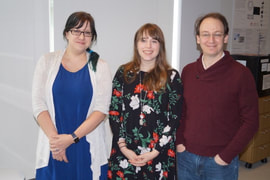 Dr. Bolnick and I have received funding from the American Association of Immunologists to fund my salary for the next year (2/2019-1/2020). This project is funded under the AAI's Intersect Fellowship for Computational Biologists and Immunologists. Our funded work includes using single cell sequencing to study stickleback immunology. Additional support on this grant will be provided by co-advisor Dr. Jill Wegrzyn of the UConn Ecology and Evolutionary Biology Department. We're excited to see what comes of this project! In July of 2018, I started a new position as Postdoctoral Research Associate working with Daniel Bolnick. My roles will be predominately immunology related: the development of cell culture and CRISPR-Cas9 methods for studying fibrosis responses in the three spined stickleback. I spent 2 weeks training with current Bolnick lab members in Austin and am now beginning the process of moving up to the University of Connecticut in preparation for the big lab move. Stay tuned for more updates about ongoing research projects!
I recently attended and presented at the 9th meeting of the International Symbiosis Society. While I attending I got to present results from the last chapter of my dissertation detailing the relationship between TGF-beta, immunity, and symbiosis in a scleractinian coral. Additionally I got the chance to hear many other amazing talks from a diversity of systems and go on a field trip to tide pool on the coast! All in all it was a fantastic conference with many new friends made. Please contact me if you want a copy of my talk!
Myself and other members of the Mydlarz lab as well as collaborators from the Florida Fish and Wildlife Conservation Commission have a new publication out now in Royal Society Open Science. The research details transcriptional responses of octocorals (E. calyculata) to infection by a novel disease. Not only do we document the gene expression signatures underlaying the strong observed melanization phenotype associated with the disease, but we also describe a clear trade off between immunity and growth. Check out the detailed findings in Royal Society open: here. We're super excited about it!
I officially received her PhD and graduated on May 11th. I was hooded jointly by my advisor and my grandfather, Frederick Fuess III who holds a PhD in agricultural science. I now get to join a long tradition of Fuess family members with higher education degrees. Additionally over the weekend we had a great reunion of many past Mydlarz lab members at my graduation party! Fun to catch up with past friends and lab-ies!
|
AuthorLauren Fuess is a postdoctoral researcher at the University of Connecticut working with Dr. Daniel Bolnick. Formerly she was a PhD student at the University of Texas at Arlington with Dr. Laura Mydlarz. The opinions expressed here are solely her own. Archives
September 2019
Categories |
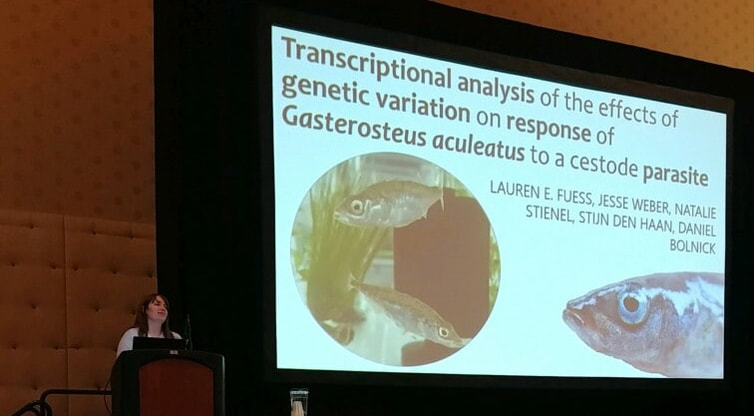
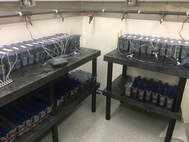
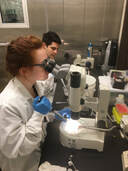
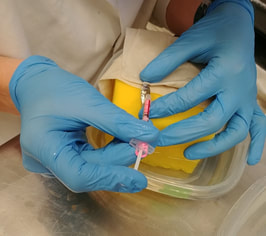
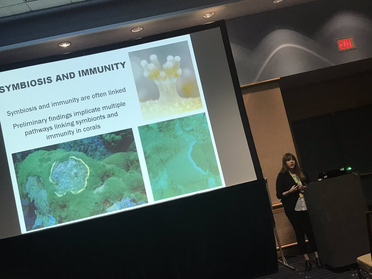
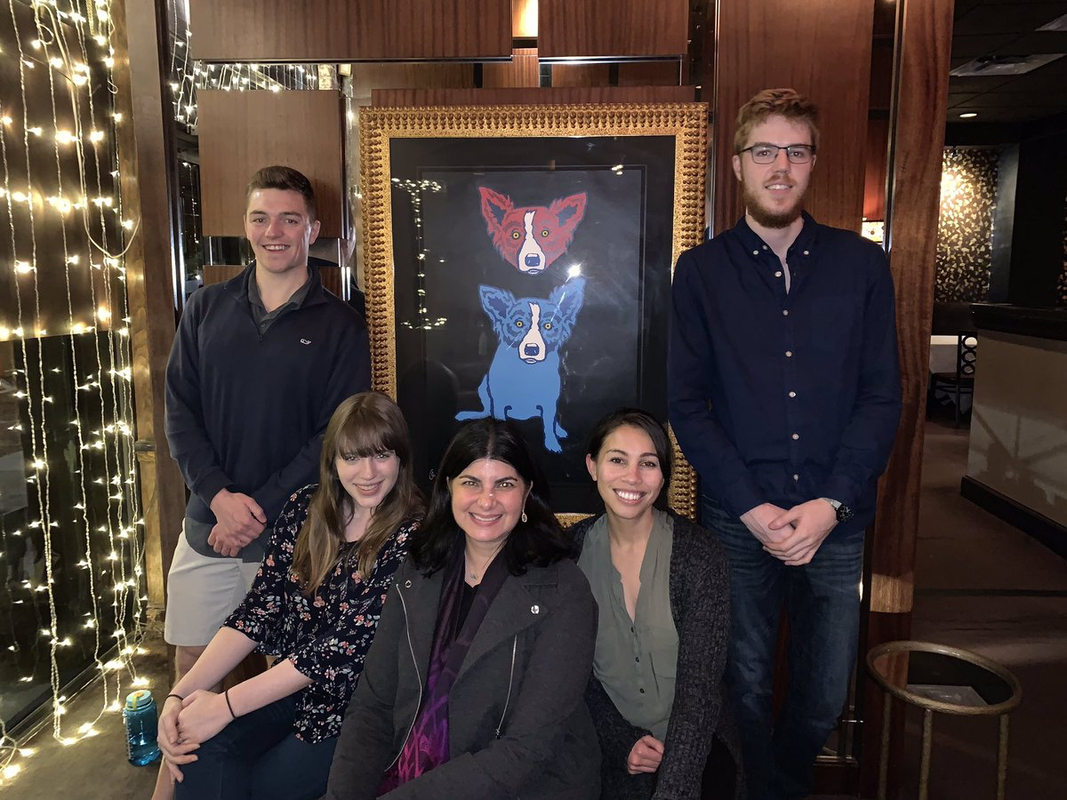
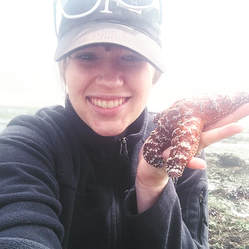
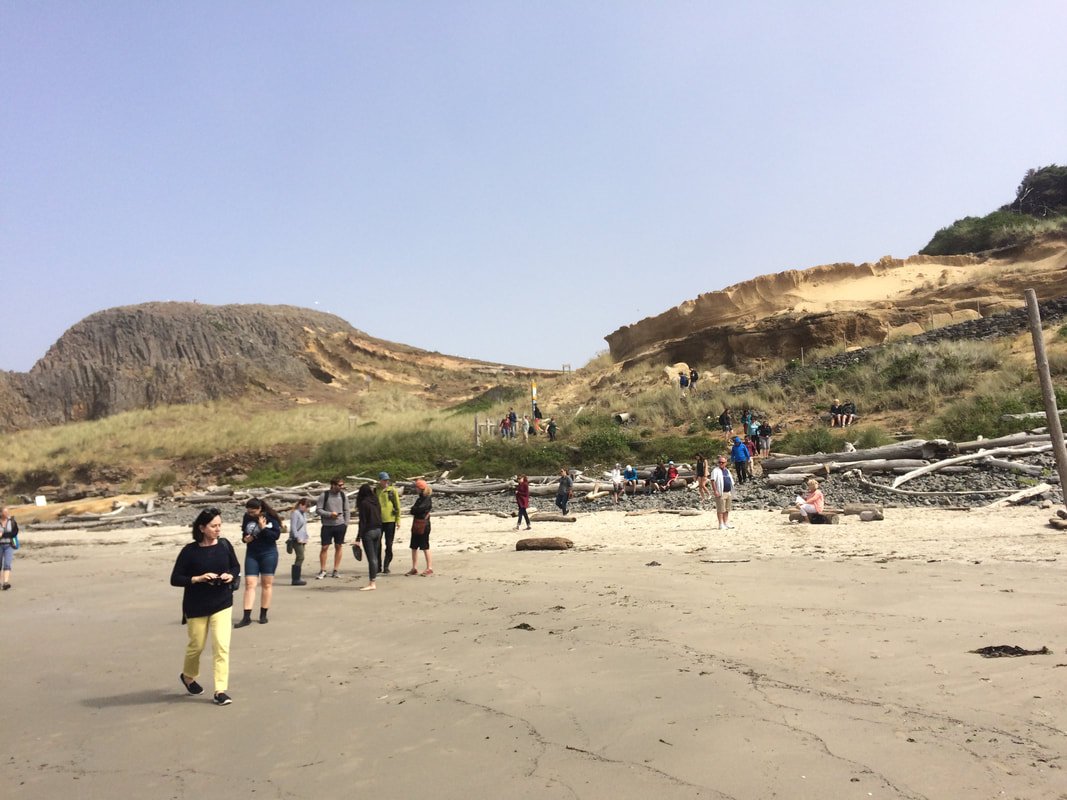
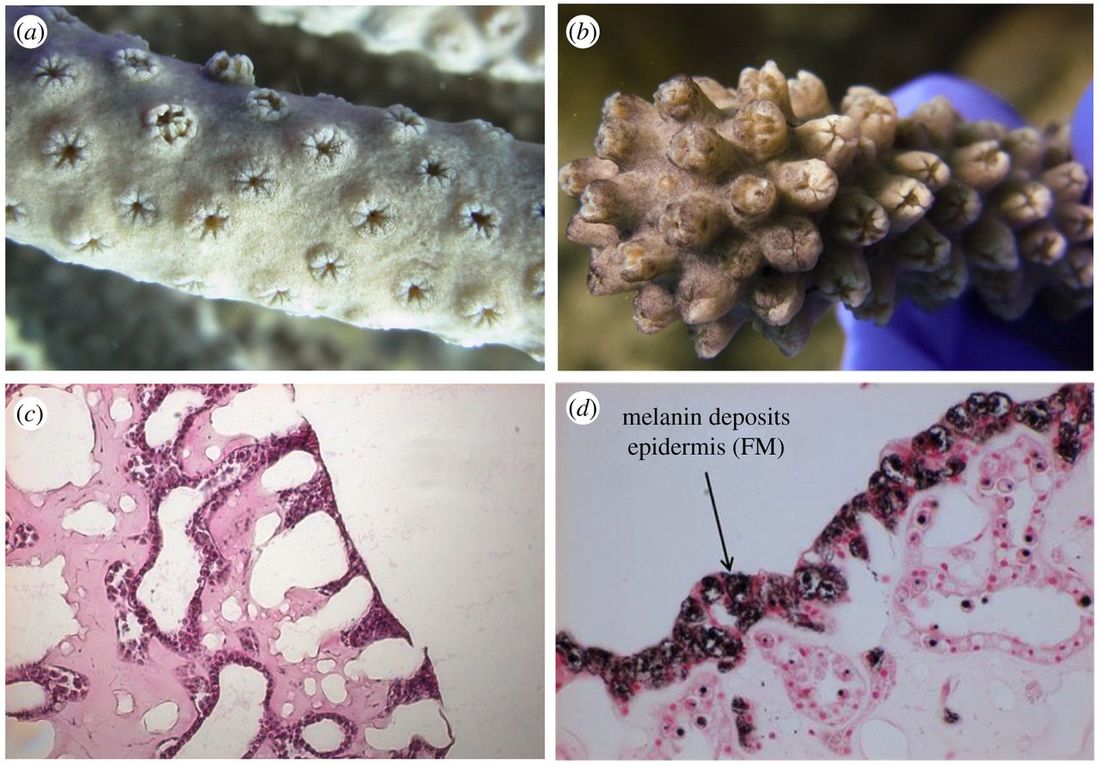
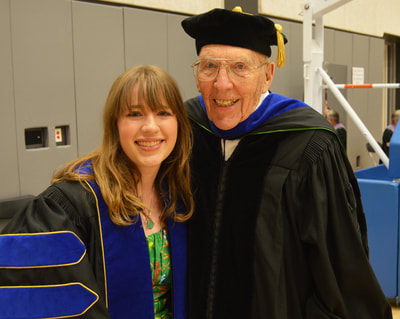
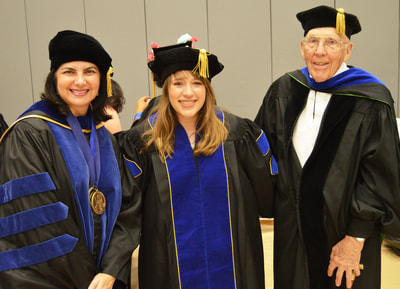
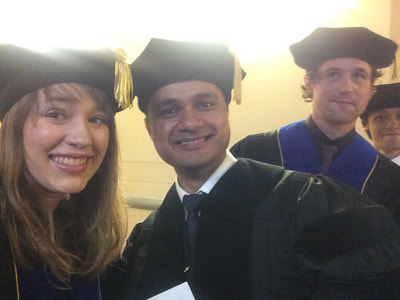
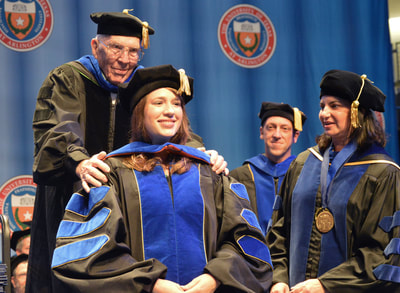
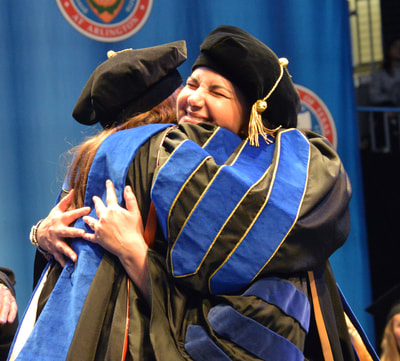
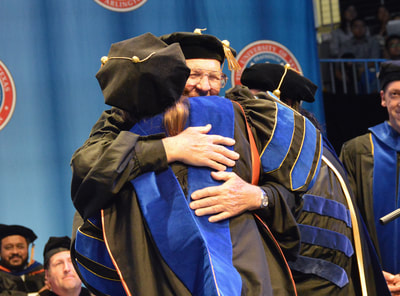
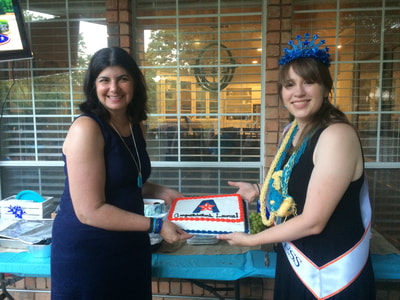
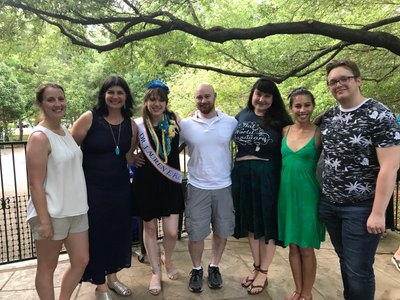
 RSS Feed
RSS Feed
